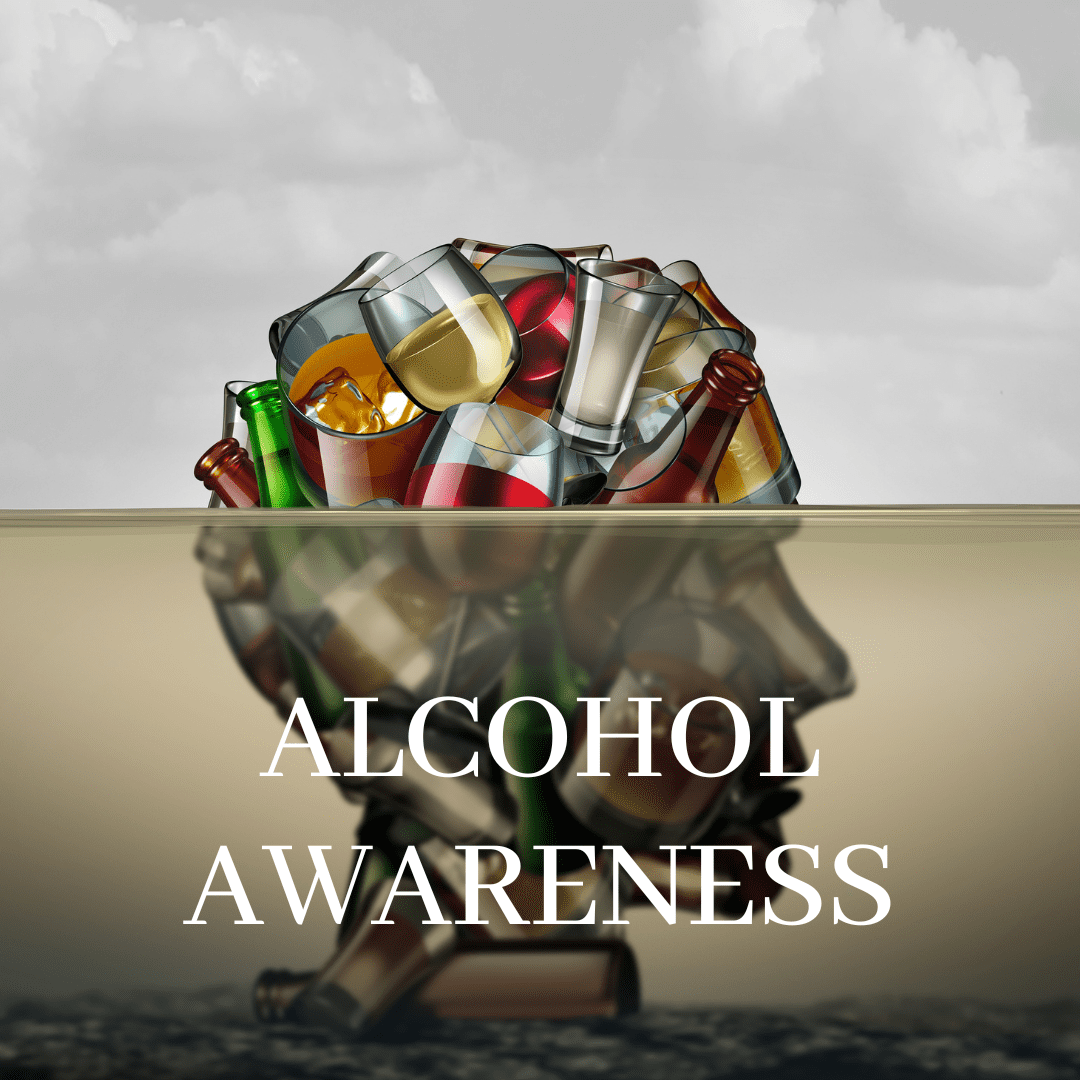April is Alcohol Awareness Month

April is Alcohol Awareness Month, an opportunity to increase awareness and understanding of the dangers of alcohol abuse and addiction. In this blog, we will explore the impact of alcohol on our health, relationships, and society, as well as provide tips for reducing alcohol consumption and seeking help for addiction.
The Impact of Alcohol:
Alcohol is one of the most widely used and abused substances globally. While moderate alcohol consumption is generally safe for adults, excessive drinking can have serious health consequences.
Some of the most common impacts of alcohol abuse include the following:
- Health Problems: Chronic alcohol abuse can lead to liver disease, heart disease, and certain cancers. It can also increase the risk of accidents, injuries, and violence.
- Mental Health: Excessive alcohol consumption can lead to depression, anxiety, and other mental health issues.
- Relationships: Alcohol abuse can strain relationships with family and friends, leading to conflict and isolation.
- Society: Alcohol abuse significantly contributes to crime, domestic violence, and social problems.
Tips for Reducing Alcohol Consumption:
Reducing alcohol consumption can be challenging, especially for those with addiction issues. However, there are steps that individuals can take to reduce their alcohol consumption and improve their overall health and well-being. Some tips for reducing alcohol consumption include:
- Set Goals: Set realistic goals for reducing alcohol consumption and track progress over time.
- Find Alternatives: Replace alcohol with non-alcoholic beverages like water or herbal tea.
- Avoid Triggers: Identify triggers for drinking and avoid situations where alcohol consumption is expected or encouraged.
- Seek Support: Seek support from friends, family members, or a therapist to help reduce alcohol consumption.
Seeking Help for Addiction:
For those struggling with alcohol addiction, seeking help is essential. There are a variety of treatment options available, including:
- Detoxification: Detoxification is the first step in treating alcohol addiction and involves ridding the body of alcohol.
- Counseling: Counseling can help individuals identify triggers for drinking and develop coping strategies for avoiding alcohol.
- Medication: Medications can help reduce alcohol cravings and alleviate withdrawal symptoms.
- Support Groups: Support groups, such as Alcoholics Anonymous, provide peer support and guidance for those in recovery.
Alcohol Awareness Month is an important reminder of the dangers of alcohol abuse and addiction. By increasing awareness and understanding of the impact of alcohol on our health and relationships, providing tips for reducing alcohol consumption, and seeking help for addiction, we can work towards a healthier, safer society for all.


